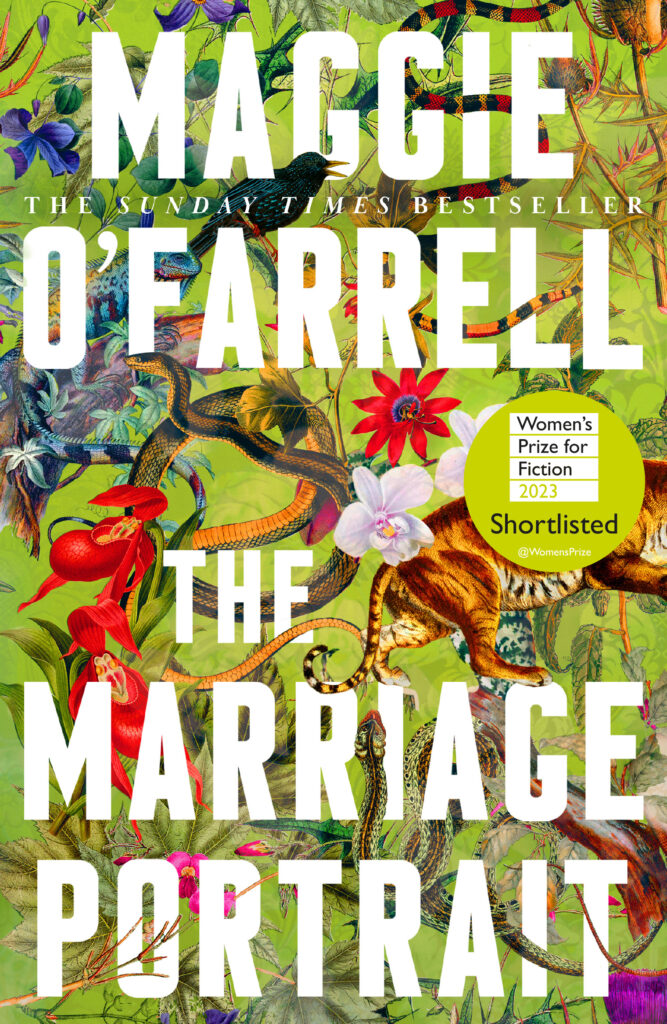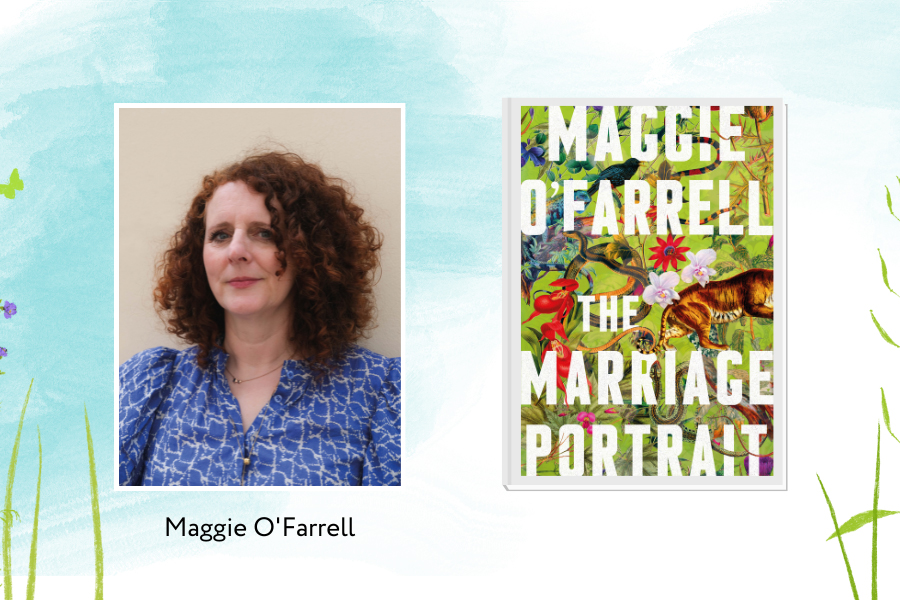Meet Maggie O’Farrell, our 2020 winner of the Women’s Prize for Fiction and author of the Women’s Prize 2023 longlisted novel, The Marriage Portrait. A book which Oprah Daily has said is “brimming with intrigue” and “unfolds with thriller-level suspense.”
The premise of this book is powerful and unique, so what was the inspiration behind the novel? We grabbed a quick five minutes with each of the authors behind the longlisted books to ask that question and more…
Describe your novel in one sentence as if you were telling a friend.
The Marriage Portrait is the story of Lucrezia, a young Duchess in sixteenth-century Ferrara, who realises that her husband is planning to murder her.
What inspired you to write The Marriage Portrait?
I had the idea just before lockdown began, at the tail-end of winter in 2020. I had been rereading Robert Browning’s dramatic monologues and was idly wondering one day whether Browning had based his most famous, My Last Duchess, on real events. I started researching the source of his inspiration, and within minutes, I was staring at a portrait of a young girl, married off at 15, with auburn hair and a rather frightened gaze. I knew instantly that I would write a novel about her.
Are there any locations that have a special connection for you or your book?
Florence (Tuscany), where Lucrezia was born, and Ferrara (Emilia-Romana), where she was buried.

Which part of the book was the most fun to write? Which was the most challenging?
The very first chapter I wrote was about Lucrezia meeting a tiger for the first time. She is seven years old and has heard a rumour that her father, Cosimo, has procured a tiger to add to the menagerie he keeps in the palazzo basement, and she becomes desperate to see it. Most challenging was, I think, the scene of Lucrezia’s wedding night: she was fifteen, and her husband was twenty-seven. Not a scenario I would ever want to dwell on, and difficult to render on the page. I felt a responsibility not to shy away from its realities, to try and be respectful of what girls like Lucrezia were forced to go through.
Which of the characters from the book would you most like to spend a weekend away with and why?
I would most definitely avoid going away on a mini-break with Alfonso, Lucrezia’s husband (he murders her during a trip to a country villa). But I would certainly be open to an invitation from the Medicis to spend a weekend at the Palazzo Vecchio.
What first inspired you to write?
I would say that it was reading, first and foremost. My most vivid reading memory is opening up Tove Jansson’s Moominland Midwinter when I was in hospital, aged eight. The impact those first pages had on me, where Moomin wakes up alone in an unrecognisable, snow-filled landscape, with all his family still hibernating, was seismic for me. The shock, the thrill of what fiction is capable of, seeded at that moment, still lives within me.
What is the best piece of writing advice you have received?
Just two words: ‘Keep going’, which were said to me by Elspeth Barker and Barbara Trapido after they had read fifty pages of what became my first novel during an Arvon Foundation course. As with all things, they gave excellent and succinct advice because so much of writing is about just that: keeping going.








